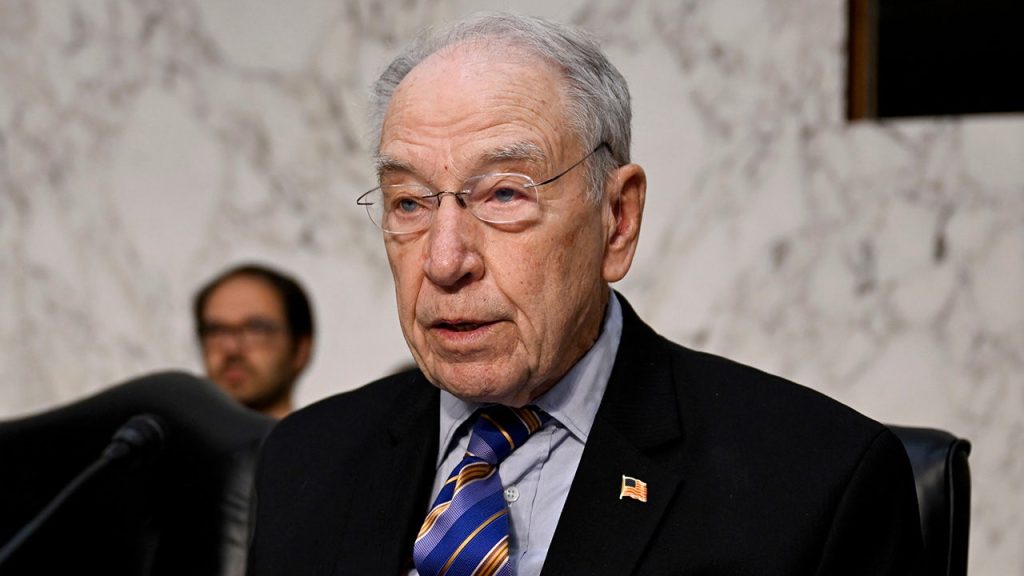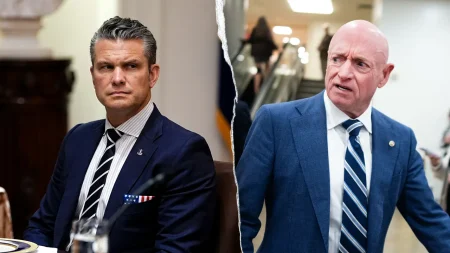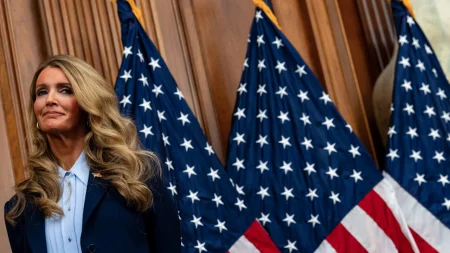Senate Tradition at Center of Trump-Grassley Disagreement Over Judicial Nominations
A significant tension has emerged between President Donald Trump and Senate Judiciary Committee Chair Chuck Grassley over the traditional “blue slip” process for judicial nominees. This longstanding Senate custom allows senators to effectively veto district court and U.S. attorney nominees from their home states. Trump has grown increasingly frustrated with this tradition, which he believes Democrats are exploiting to block his nominees. In a recent social media post, the president urged Grassley to abandon the practice and “tell the Democrats to go to hell.” However, Grassley has firmly defended the blue slip process, arguing that eliminating it would ultimately harm Trump’s nominees rather than help them.
The dispute highlights the delicate balance between presidential appointment power and Senate confirmation traditions. Trump contends that his constitutional right to appoint judges is being “completely taken away” in states with even a single Democratic senator. He expressed particular frustration that “the only candidates that I can get confirmed for these most important positions are, believe it or not, Democrats!” This frustration comes amid Senate Democrats’ strategic use of blue slips to block several of Trump’s judicial picks, including high-profile nominations for U.S. Attorney positions in New York’s Southern and Eastern Districts, where Senate Minority Leader Chuck Schumer exercised his blue slip privilege.
Grassley has remained steadfast in his position, explaining on social media that “a U.S. Attorney or district judge nominee without a blue slip does not have the votes to get confirmed on the Senate floor and they don’t have the votes to get out of committee.” His defense of the tradition stems from practical political calculation rather than mere adherence to custom. As he put it, “As chairman I set President Trump nominees up for SUCCESS NOT FAILURE.” This pragmatic approach acknowledges the current Senate dynamics where nominees rejected by home-state senators would likely fail regardless of whether the blue slip tradition were formally abolished.
The controversy extends to specific nominations, including that of Alina Habba for U.S. Attorney in New Jersey. New Jersey Democratic Senators Cory Booker and Andy Kim used their blue slip privilege to object to Habba’s nomination. After her interim term expired, a panel of judges declined to extend her position. Though a replacement was chosen, they were subsequently fired by Attorney General Pam Bondi. Trump then withdrew Habba’s formal nomination and restored her interim status. Grassley noted that the Judiciary Committee “never received any of the paperwork needed for the Senate to vet her nomination” after Habba was withdrawn as the President’s nominee on July 24.
This public disagreement represents the second time in recent weeks that Trump has publicly criticized Grassley over the blue slip issue. Last month, the president demanded that Grassley “have the courage” to change the practice, demonstrating his growing impatience with what he perceives as unnecessary procedural obstacles. The tension is particularly notable given that both men are Republicans, highlighting how institutional traditions can sometimes transcend partisan lines. The dispute also reflects broader frustrations within the Trump administration about the pace of Senate confirmations for presidential appointees across various departments and agencies.
The failed negotiations between Senate Republicans and Democrats to advance many of Trump’s nominees before the August recess has only intensified the situation. As lawmakers prepare to return to Washington after Labor Day, finding a pathway forward on nominations—potentially including changes to the Senate’s confirmation process—is expected to be a top priority for Republicans. The outcome of this dispute could have significant implications not only for Trump’s ability to shape the federal judiciary and law enforcement leadership but also for the future of Senate traditions and the balance of power between the executive and legislative branches in the appointments process.















